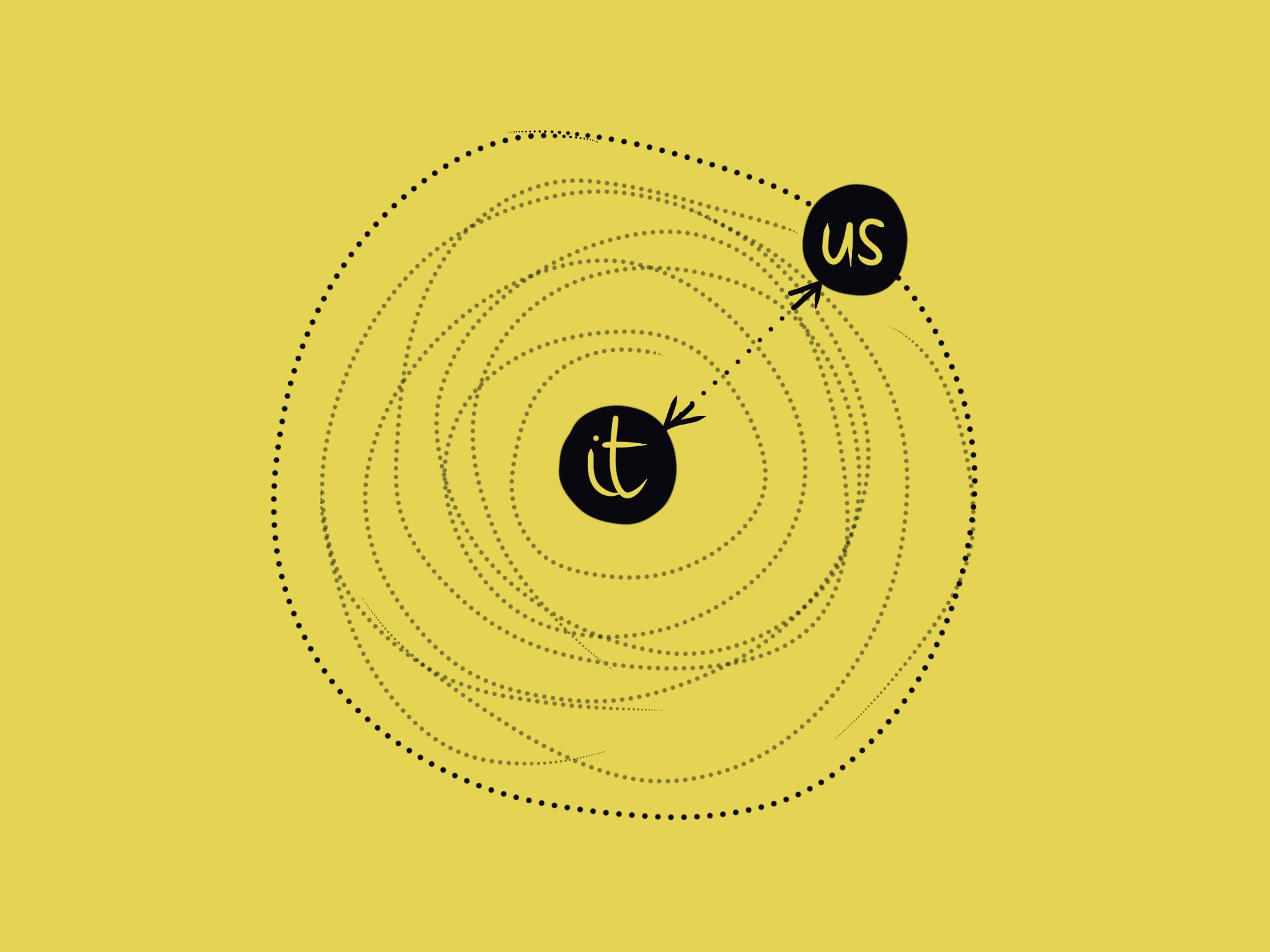Is there a better way of doing this
 Thursday, May 21, 2020 at 11:47AM
Thursday, May 21, 2020 at 11:47AM  When we’re doing something in one way, do we wonder is there a better way? Rather than finding just any old way to do a task or activity, what would make it better... better for you and your situation?
When we’re doing something in one way, do we wonder is there a better way? Rather than finding just any old way to do a task or activity, what would make it better... better for you and your situation?
And what is ‘better’ anyway? Better happens when something is more acceptable … to us or perhaps to our customers, clients, family, colleagues or community.
It might be better because:
It’s quicker
It’s less stressful
It’s easier
It’s smoother
It uses less energy
It’s more affordable
It takes less effort
It happens faster
It makes us happier
It protects us
It extends our life
It cares for others
It is kinder, more efficient… and on and on we can go.
It’s a personal thing to identify what would make something better for you. And when focus is directed towards better, we can make decisions, change things and choose ways that will work for us.
For the better. My next book is coming soon ... ‘Better ways of thinking and working: How changing the way you do things, changes what you can do’.





















